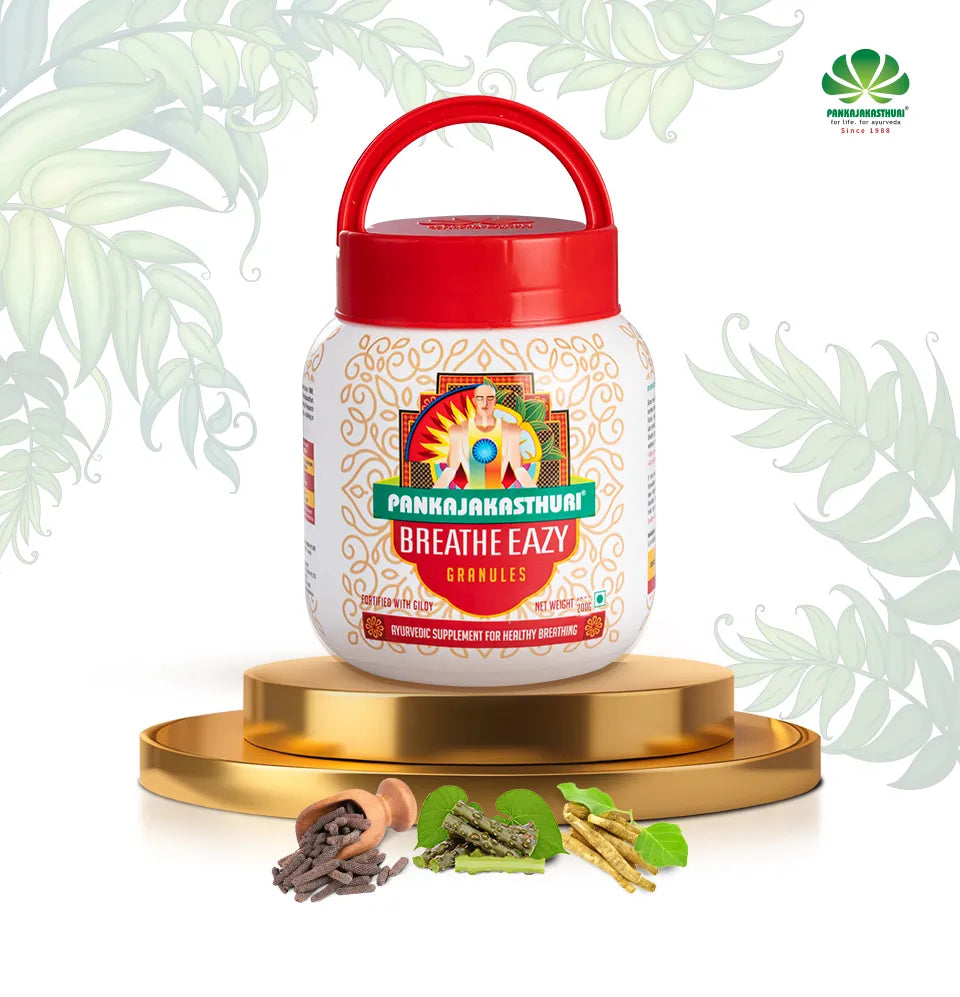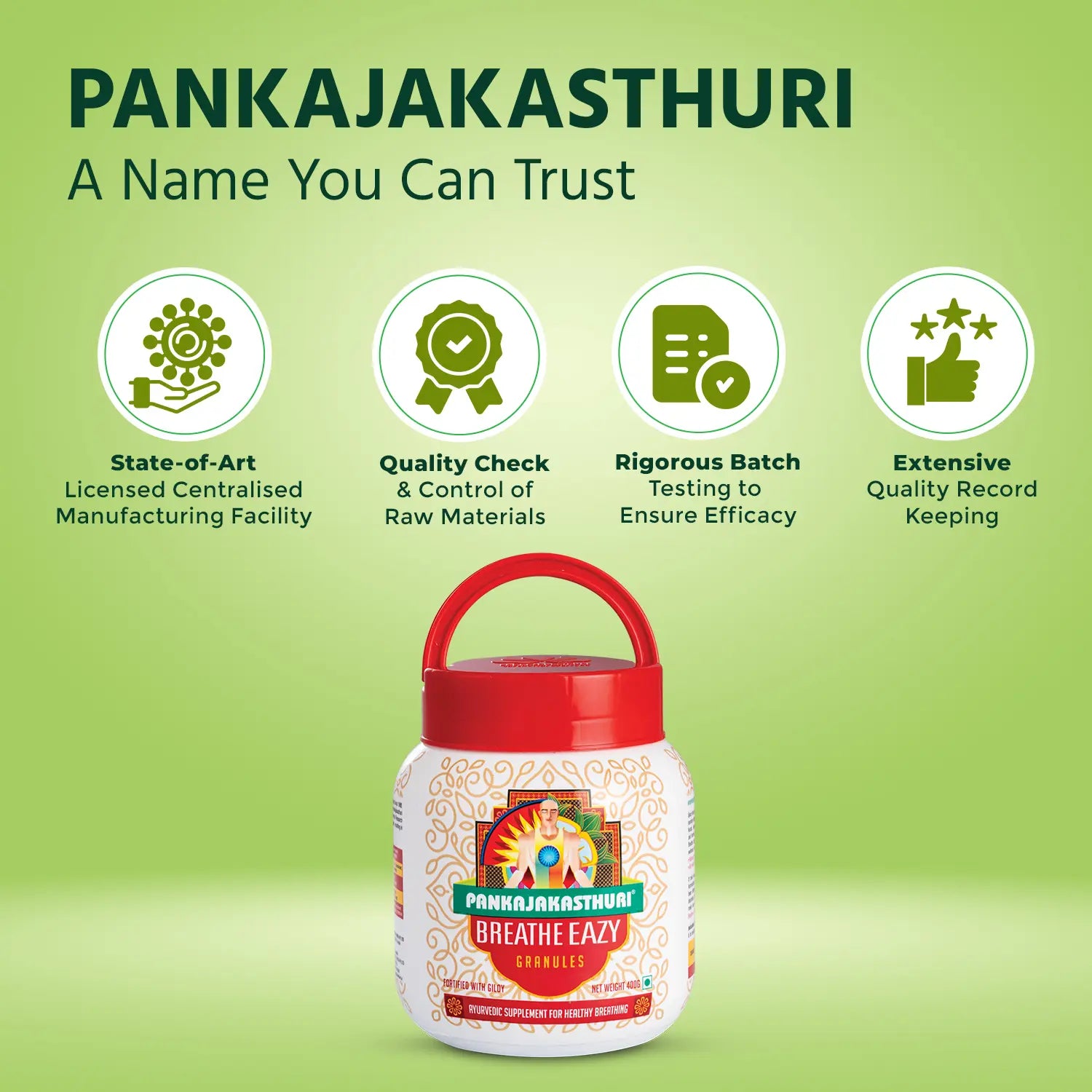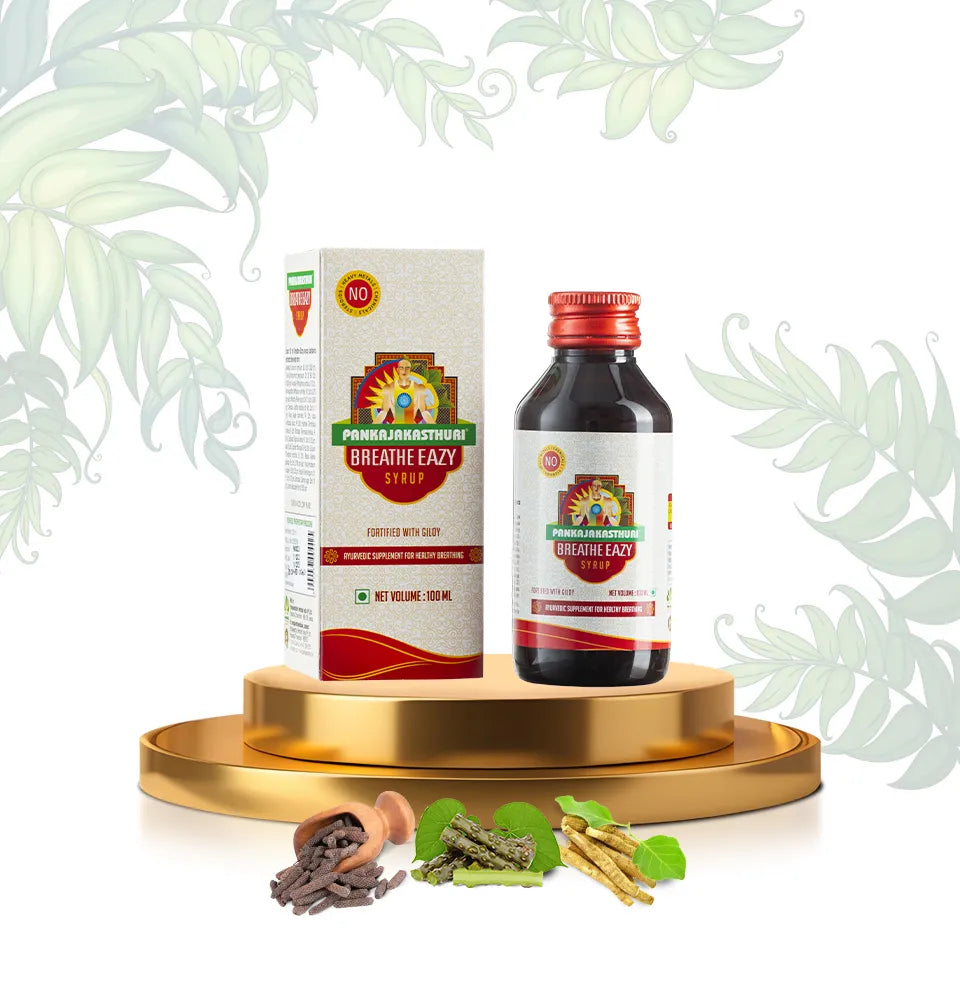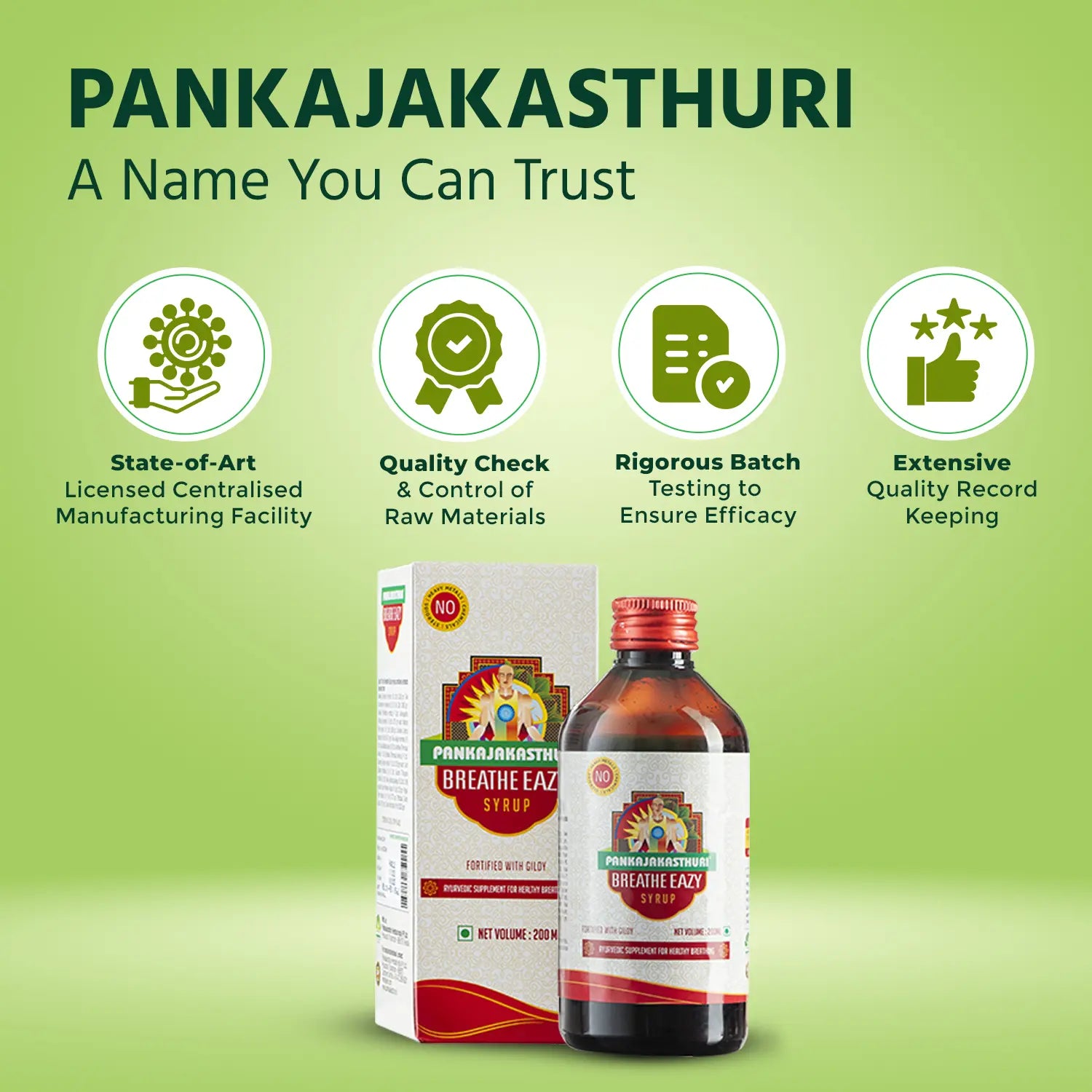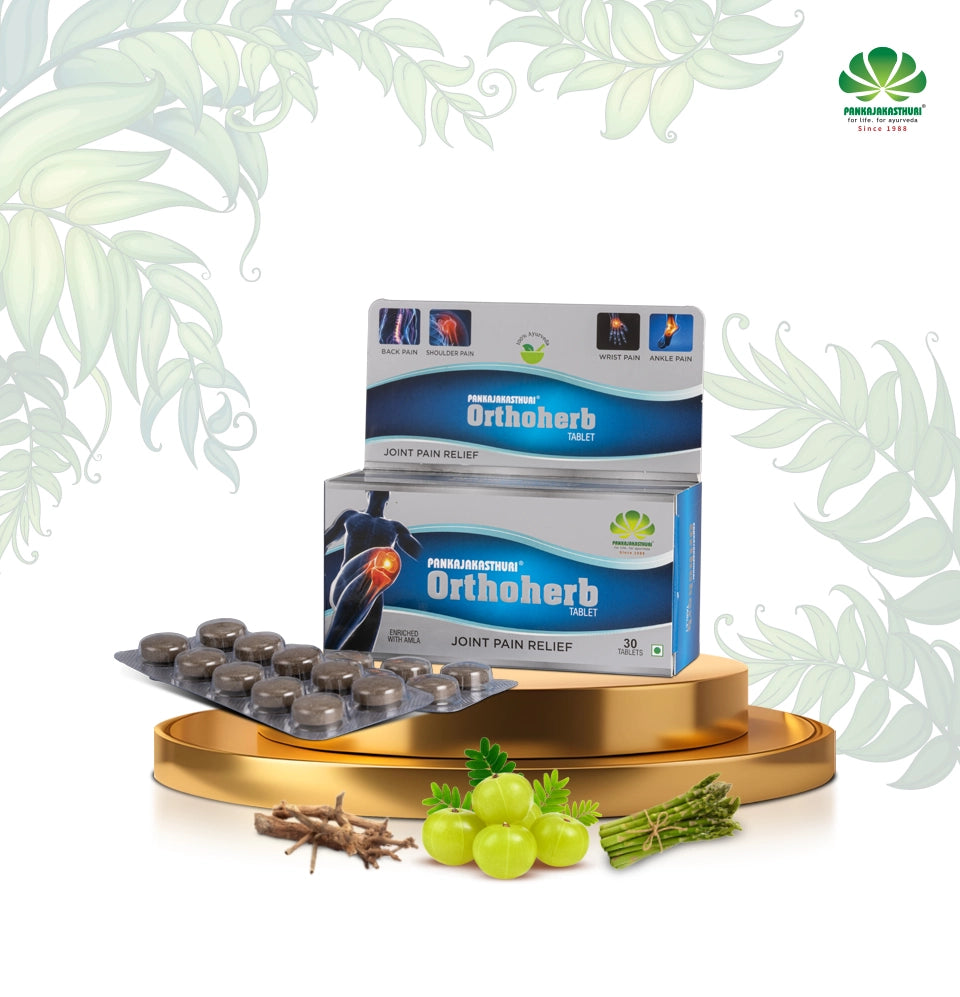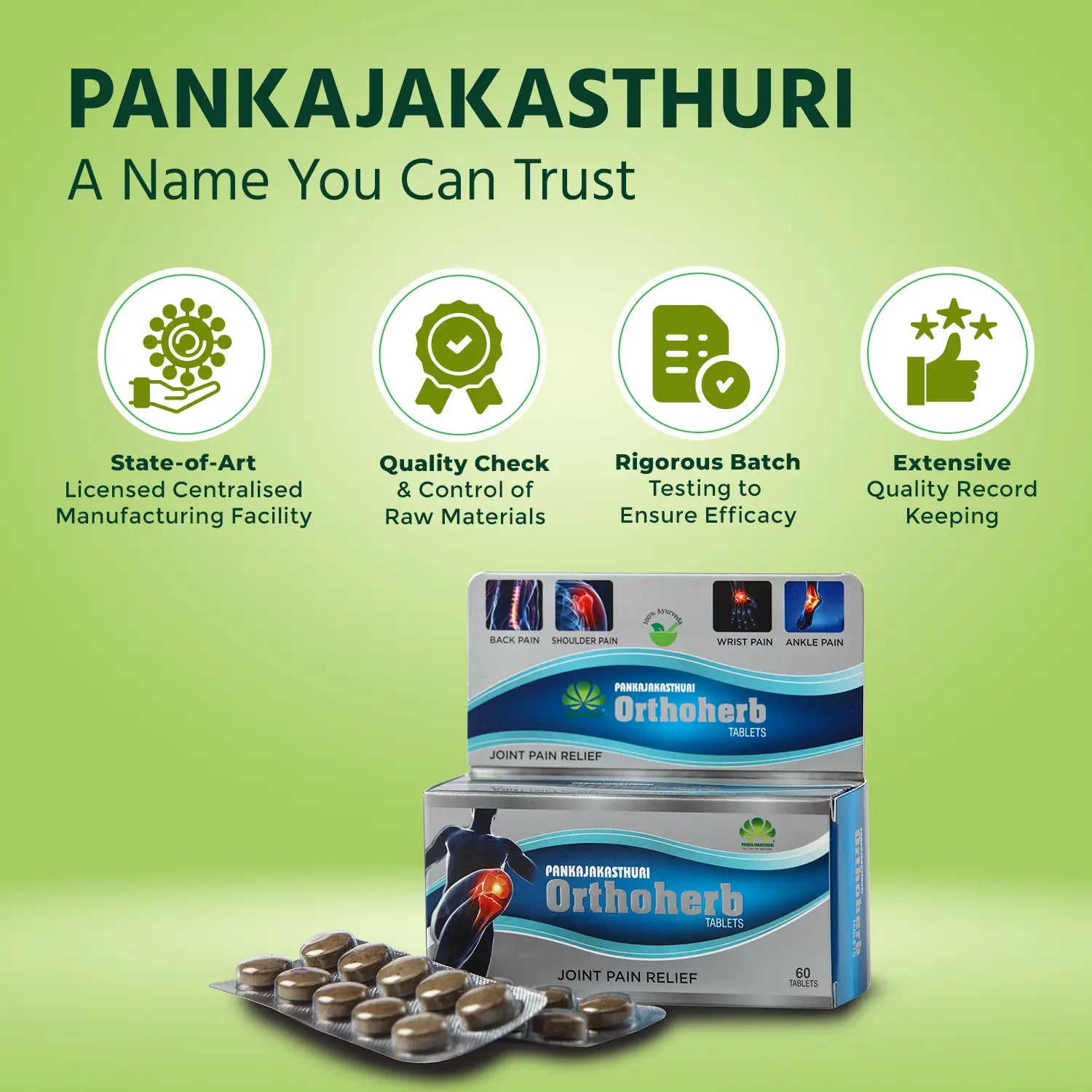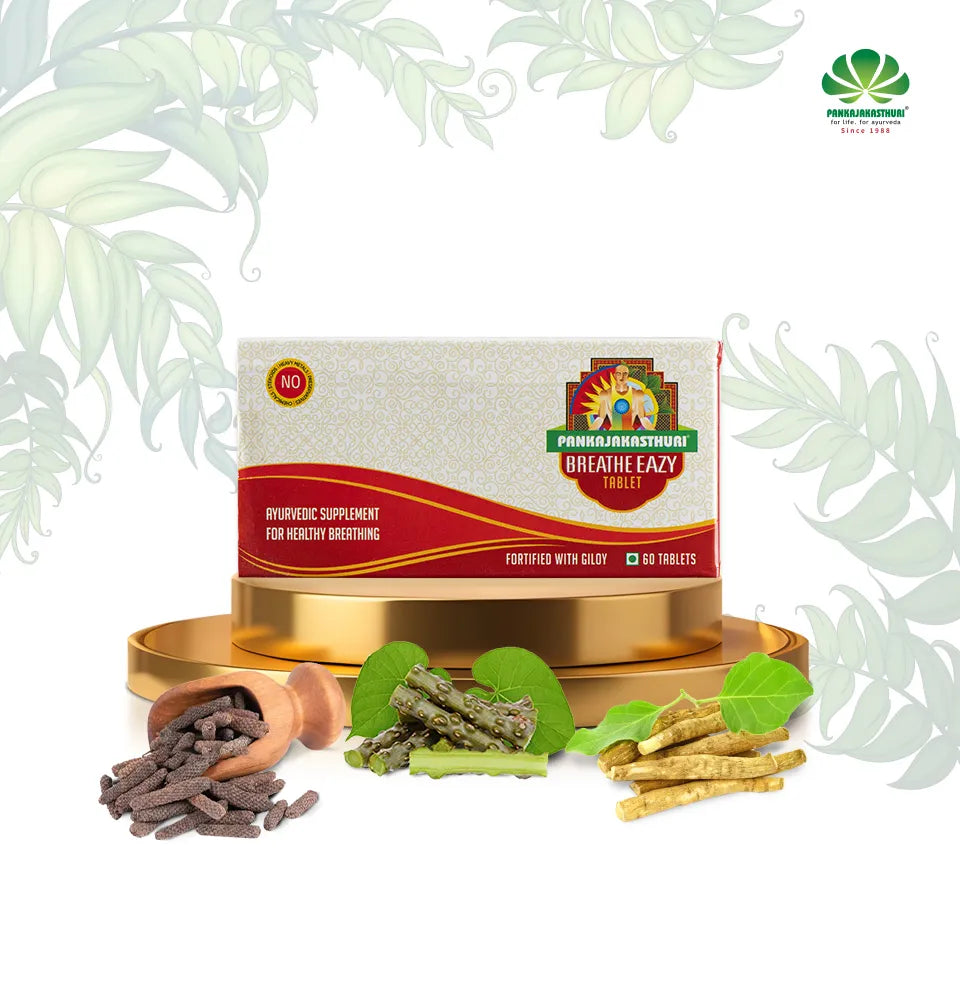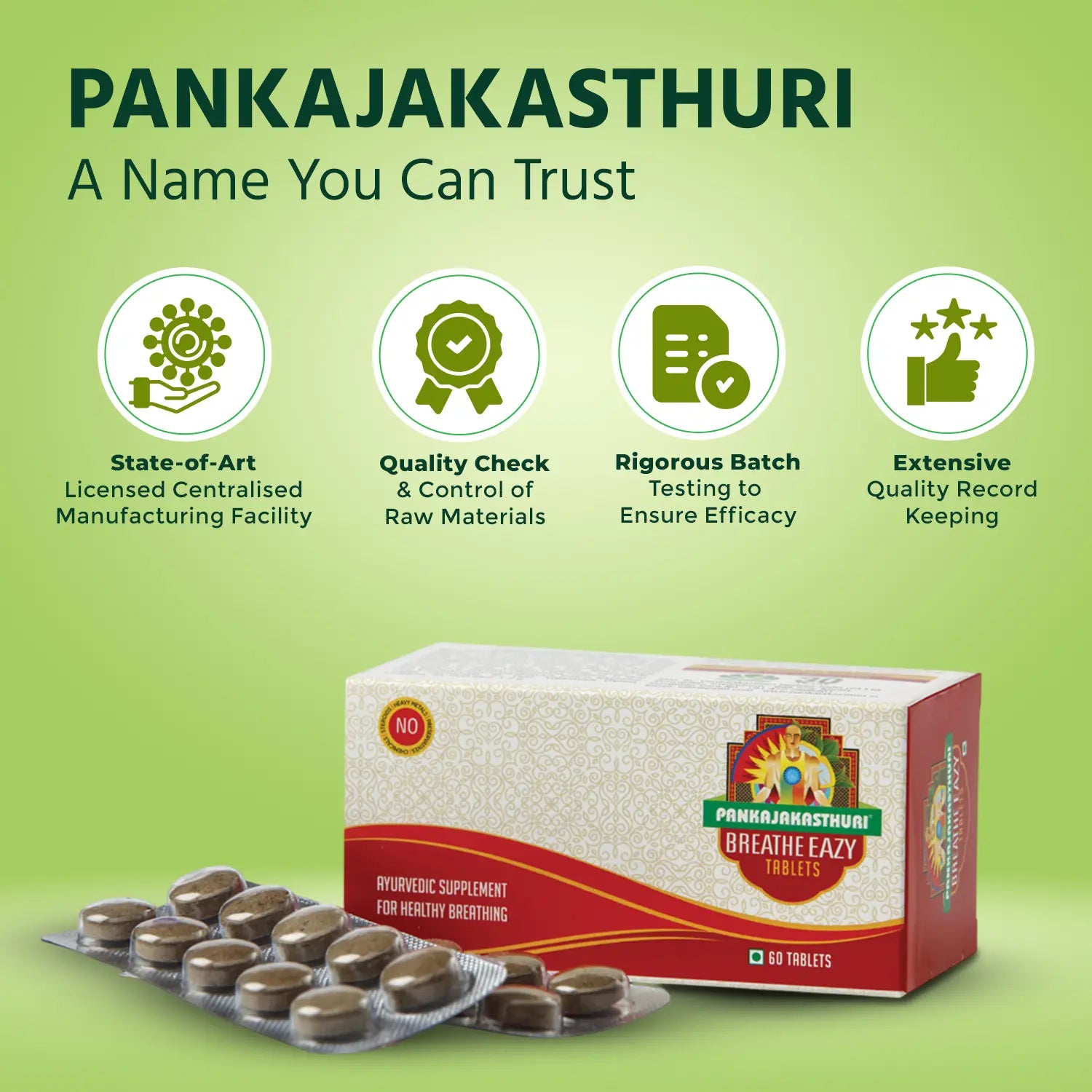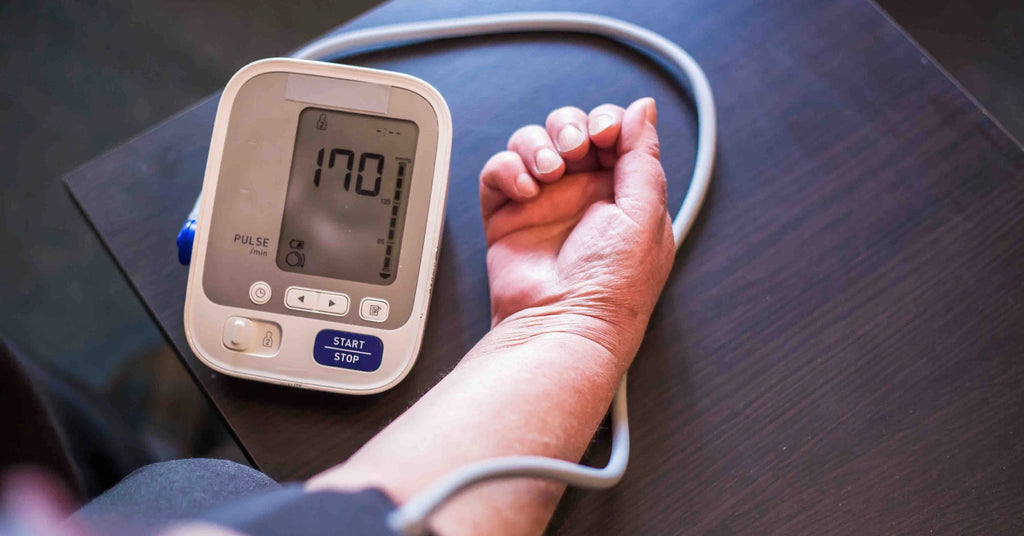
Ayurvedic Medicine for BP: Manage BP naturally with Ayurveda

High blood pressure (High BP), or hypertension, is a common health issue that can have serious consequences if left unmanaged. While medications are often prescribed to control blood pressure, there are also natural methods and potent Ayurvedic herbs that may help in managing this condition. In fact, turning to Ayurveda instead of Western drugs is an excellent way to manage your BP without side effects.
In this blog, we'll explore effective Ayurvedic medicine for BP. The best Ayurvedic medicine for blood pressure works by dilating the blood vessels and easing the pressure exerted on the arterial walls.
Understanding Blood Pressure Levels
Your blood pressure is a crucial indicator of your cardiovascular health. Understanding blood pressure levels is essential for monitoring and managing overall health. Read on to learn more:
Normal Blood Pressure:
Systolic (mm Hg): Less than 120
Diastolic (mm Hg): Less than 80
Individuals with normal blood pressure levels are at a lower risk of cardiovascular diseases and other associated health issues.
Elevated Blood Pressure or Prehypertension:
Systolic (mm Hg): Between 120 to 129
Diastolic (mm Hg): Less than 80
Prehypertension indicates a higher than optimal blood pressure level, increasing the risk of developing hypertension if not addressed.
Stage 1 Hypertension:
Systolic (mm Hg): Between 130 to 139
Diastolic (mm Hg): Between 80 to 89
Stage 1 hypertension signifies the onset of high blood pressure and warrants lifestyle modifications and, in some cases, medical intervention.
Stage 2 Hypertension:
Systolic (mm Hg): 140 or higher
Diastolic (mm Hg): 90 or higher
Stage 2 hypertension represents a more severe form of high blood pressure, requiring prompt medical attention and treatment to mitigate associated health risks.
Hypertensive Crisis:
Systolic (mm Hg): Higher than 180
Diastolic (mm Hg): Higher than 120
A hypertensive crisis is a critical medical emergency characterised by dangerously high blood pressure levels, which can lead to severe complications such as stroke, heart attack, or organ damage.
Natural Methods to Lower Blood Pressure Immediately
Deep Breathing and Relaxation Techniques:
Stress is a major contributor to elevated blood pressure. Practising deep breathing exercises and relaxation techniques can help calm the mind and lower blood pressure in the moment.
Hydration:
Dehydration can lead to increased blood pressure. Make sure to stay adequately hydrated by drinking plenty of water throughout the day.
Mild Physical Activity:
Engaging in light physical activities such as walking or stretching can promote blood circulation and help lower blood pressure.
Dark Chocolate:
Enjoying a small amount of dark chocolate in moderation can provide flavonoids that may help relax blood vessels and lower blood pressure.
Cold Shower:
Cold water exposure can stimulate the body's relaxation response, leading to a decrease in blood pressure.
Beetroot and Apple Juice:
Consuming a beverage containing beetroot and apple juice may offer benefits for lowering high blood pressure.
Hibiscus Tea:
Hibiscus tea has been shown to have antihypertensive properties and may help manage chronic hypertension.
Ayurvedic Herbs That can Lower Blood Pressure
Effective Ayurvedic medicine for high blood pressure is composed of the following useful herbs:
Cinnamon:
This aromatic spice has been used in traditional medicine to treat heart conditions, including hypertension. Every Ayurvedic medicine for BP has cinnamon as one of its ingredients.
Garlic:
All effective Ayurvedic medicines for BP have garlic as one of their chief ingredients. Rich in compounds like allicin, garlic has demonstrated blood pressure-lowering effects similar to medications in some studies.
Basil:
Basil contains powerful compounds that may help lower blood pressure, as observed in animal studies.
Ginger:
Ginger supplements have been associated with reductions in blood pressure in human studies and have been used for centuries in Ayurvedic medicine for blood pressure.
Cardamom:
This aromatic spice contains antioxidants that may contribute to lowering blood pressure, as seen in research involving adults with hypertension.
The Takeaway
Incorporating natural methods, herbs, and Ayurvedic medicine for BP into your daily routine can complement conventional treatments and support better blood pressure management. However, it's essential to remember that these approaches are not a substitute for medical advice or prescribed medications. Always consult with a healthcare professional before making significant changes to your lifestyle or treatment plan. By prioritising a healthy diet, regular exercise, stress management, and incorporating these natural remedies, you can take proactive steps towards improving your cardiovascular health and overall well-being.








